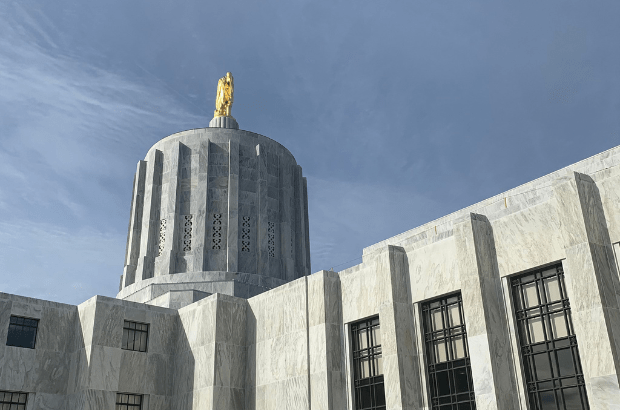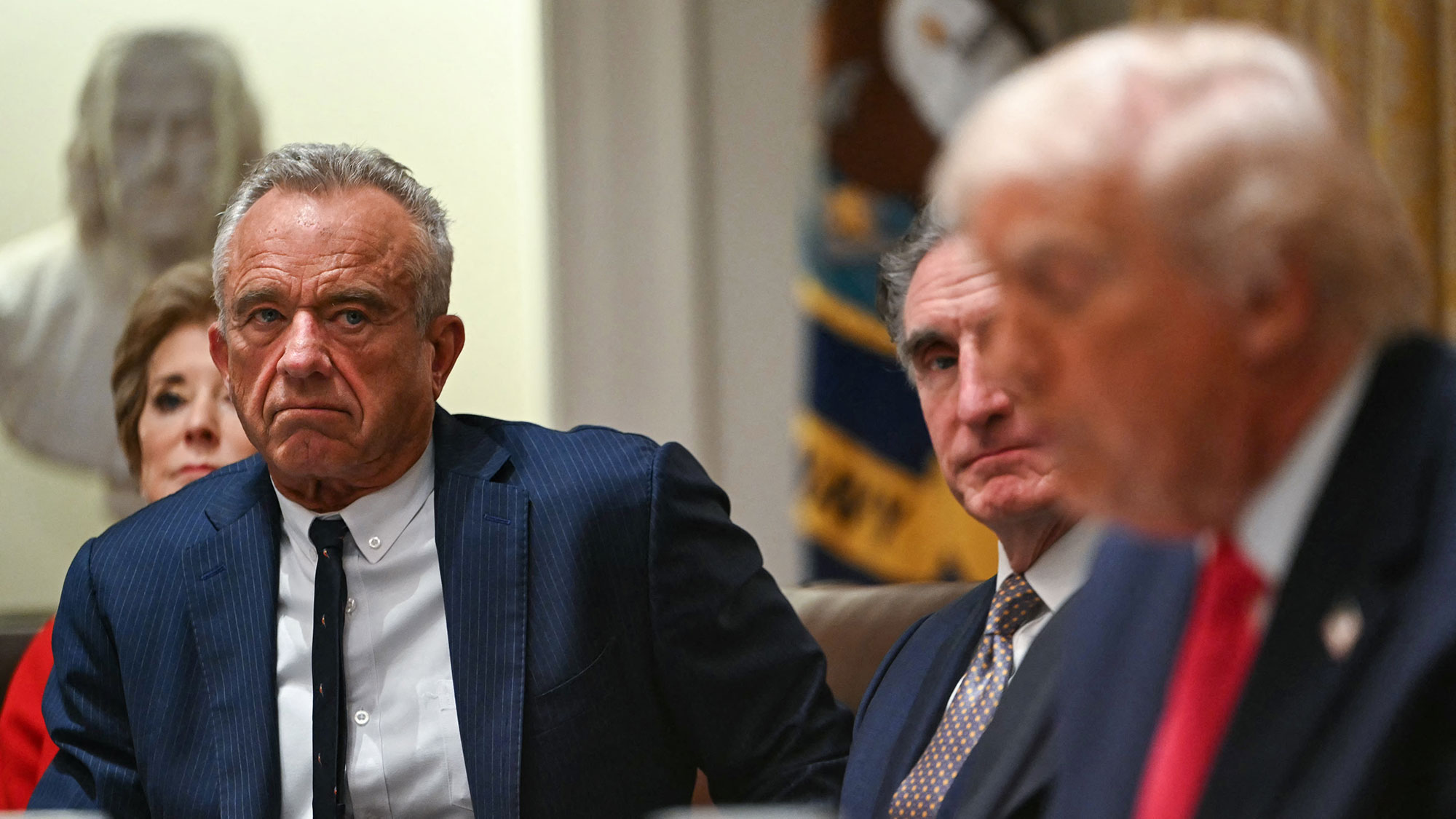Salem, OR – In a major setback to clean air and climate progress, Oregon leaders today announced a two-year delay to the state’s Advanced Clean Trucks (ACT) rule—bowing to pressure from fossil fuel interests and truck manufacturers as part of a nationally orchestrated multi-state campaign to derail the transition to cleaner electric vehicles. This delay strips the ACT rule of its regulatory teeth for two more years, rewards industry laggards, and directly undermines Oregon’s climate commitments, public health protections, and economic leadership.
The Oregon Department of Environmental Quality (DEQ) first adopted the ACT rule in 2021, making Oregon one of ten states to have this regulation. The rule requires manufacturers to increase electric truck sales over time—helping to phase out dirty diesel vehicles that disproportionately harm children, seniors, and communities of color. Delaying this rule until 2027 will cost Oregonians up to $93 million in avoidable healthcare costs and $30 billion in lost energy savings. It also threatens to make Oregon a dumping ground for the most polluting diesel trucks that are no longer legal to sell in neighboring California and Washington.
This retreat comes at a perilous time, as Congress is actively working to revoke California’s Clean Air Act waivers—the same authority Oregon and over a dozen other states use to adopt strong vehicle emission standards. This federal maneuver is not only an unprecedented legal overreach—it is a direct assault on states’ rights and a blatant attempt to strip Oregon of its ability to protect our residents from harmful diesel pollution.
“Delaying Oregon’s clean truck rules is not just a policy decision – it’s a public health failure. Diesel pollution is a proven threat to heart and lung health, particularly for children, seniors, and communities living near highways and freight corridors. The oil and gas lobby and national truck manufacturers are exploiting this moment of federal overreach to push their agenda in Oregon. And unfortunately, some state leaders appear ready to go along with it. Delaying the ACT is setting the stage to kill it, and cement Oregon’s place as a dirty diesel dumping ground on the west coast,” said Mary Peveto with Neighbors for Clean Air
This delay also comes on the heels of efforts in the Oregon Legislature to derail Oregon’s clean truck rules. Earlier this week, the Legislature held its fifth hearing of the 2025 legislative session on an ACT delay proposal—signaling dangerous alignment with a concerning federal agenda that directly undermines climate progress and public health protections.
“This delay is a betrayal of communities like Cully that have shouldered the burden of diesel pollution for decades,” said Xitlali Torres with Verde. “Our neighbors live with the daily impacts of truck traffic, warehouses, and industrial corridors. Black, Brown, Indigenous, and low-income Oregonians already face higher rates of asthma, heart disease, and early death from this pollution. Postponing clean truck standards doesn’t just stall progress—it deepens environmental injustice. Legislators must step up and lead by investing in clean trucks and charging infrastructure where the harm is greatest. Our communities can’t afford more delays while polluters get a free pass.”
This setback comes at a moment when bold leadership is desperately needed. Oregon’s clean truck economy is gaining traction thanks to programs like the Zero-Emission Truck and Bus Incentive Fund, the Medium- and Heavy-Duty Charging Program, and Clean Vehicle Rebates. These programs are helping businesses, school districts, and local governments switch to cleaner, more affordable vehicles—but remain dramatically underfunded.
“Clean trucks are the future, and Oregon should be leading—not lagging behind,” said Kristopher Fortin Grijalva with Oregon Environmental Council. “Walking back clean truck protections will have devastating consequences—not only for climate and health, but for Oregon’s economy.”
“This moment demands investment and leadership. Oregon legislators must step up to invest in our growing clean truck economy. That means funding the Zero-Emission Truck and Bus Incentive Fund, the Medium- and Heavy-Duty Charging Program, and Oregon’s Clean Vehicle Rebate Program—all of which help businesses, school districts, and communities transition to clean, cost-saving vehicles. The transportation package can allow Oregon to enact solutions to the problems they espouse as reasons to delay the clean truck program, but to solve problems we need action and funding for these key programs, not complaints,” said Brett Morgan with Climate Solutions. “Legislators still have a chance to mitigate the damage of the harmful anti-climate agenda happening federally and here at home.”
“With federal rollbacks already threatening climate progress, Oregon must stand firm—not retreat. Truck manufacturers and Big Oil have spent months spreading disinformation to fabricate a crisis, and unfortunately, some Oregon leaders are now echoing their talking points. This is a massive step backward that harms Oregonians and puts polluter profits over public health,” said Lindsey Scholten, Executive Director of the Oregon League of Conservation Voters
Source link
Climate Solutions www.climatesolutions.org


